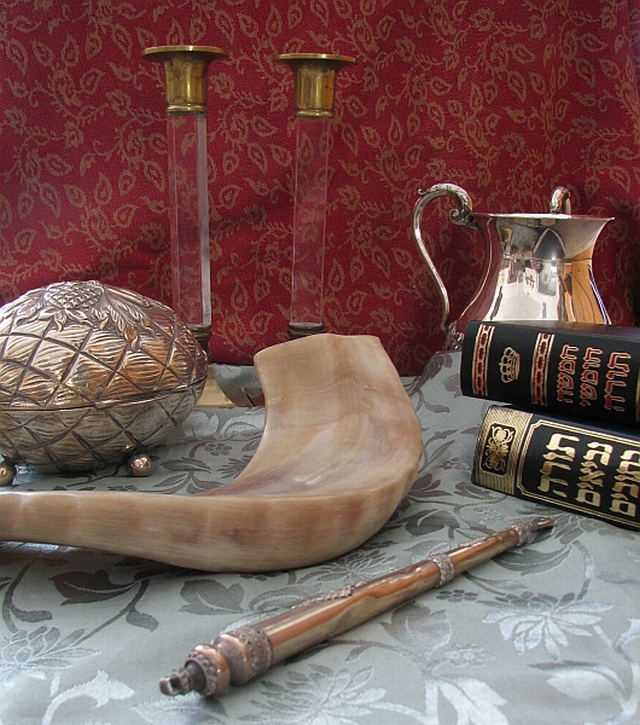
Crypto-Judaism: A Secret Preservation of Jewish Faith
Crypto-Judaism is the practice of secretly adhering to Judaism while publicly professing another faith, primarily Christianity. This phenomenon is particularly associated with Spanish and Portuguese Jews, known as Conversos, Marranos, or Anusim, who were forced to convert to Catholicism following persecution and the Spanish Inquisition.
Historic Context
In Spain, after the massacres of 1391 and the expulsion of Jews in 1492, crypto-Judaism emerged as a means of survival. Conversos faced severe penalties for practicing their original beliefs, leading them to secretly preserve Jewish rituals and traditions within their homes.
The phenomenon also existed outside Iberia, with forced conversions occurring in France and Iran, among other places. In the Portuguese colony of Brazil, entry requirements were less stringent, allowing many Conversos to migrate and practice their faith in relative secrecy.
Maimonides and Rationalism
Rabbi Moses Maimonides, a revered Jewish philosopher, legitimized crypto-Judaism during the Spanish Inquisition. He advocated for the preservation of Jewish identity even under duress, suggesting that persecution should not necessitate martyrdom. This doctrinal support provided a rational and theological basis for crypto-Jewish practices.
Neofiti and Susiti
In Sicily and the Holy Roman Empire, crypto-Jewish communities known as the Neofiti and Susiti, respectively, maintained their traditions over centuries. Their ancestral lines traced back to Jewish converts who continued to practice their faith in secrecy despite societal pressures.
Crypto-Jews in Asia and the Americas
Crypto-Jewish communities existed in Muslim lands, such as Morocco and Iran. In the Indian subcontinent, Portuguese imperialism attracted Conversos seeking economic opportunities and religious freedom. In Spanish America, particularly in Mexico, crypto-Jewish traditions were embedded in a syncretic blend of Catholic and Jewish practices, reflecting the complex cultural interactions of the colonial era.
Notable Crypto-Jews
Antonio Fernandez Carvajal was a prominent Portuguese merchant in London who simultaneously practiced Catholicism and played a leading role in the secret Jewish community. Isaac Cardoso, a Jewish physician and philosopher born in Portugal, ultimately settled in Italy and openly embraced Judaism.
Legacy and Modernity
The impact of crypto-Judaism on modern Judaism is complex. Some communities have preserved their traditions and reconnected with Judaism, while others have assimilated into their host cultures. The study of crypto-Judaism continues to provide insights into the resilience, adaptability, and enduring nature of Jewish identity.